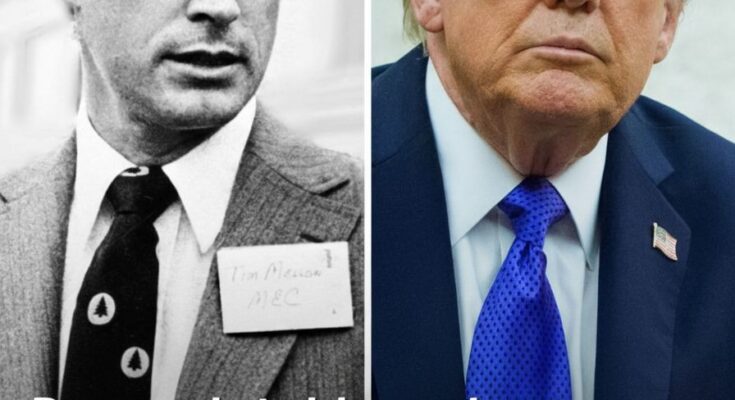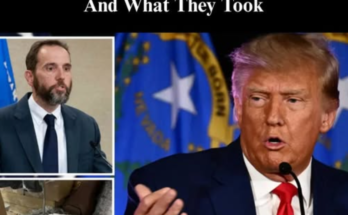rump-Allied Billionaire Donates $130 Million to Keep U.S. Troops Paid
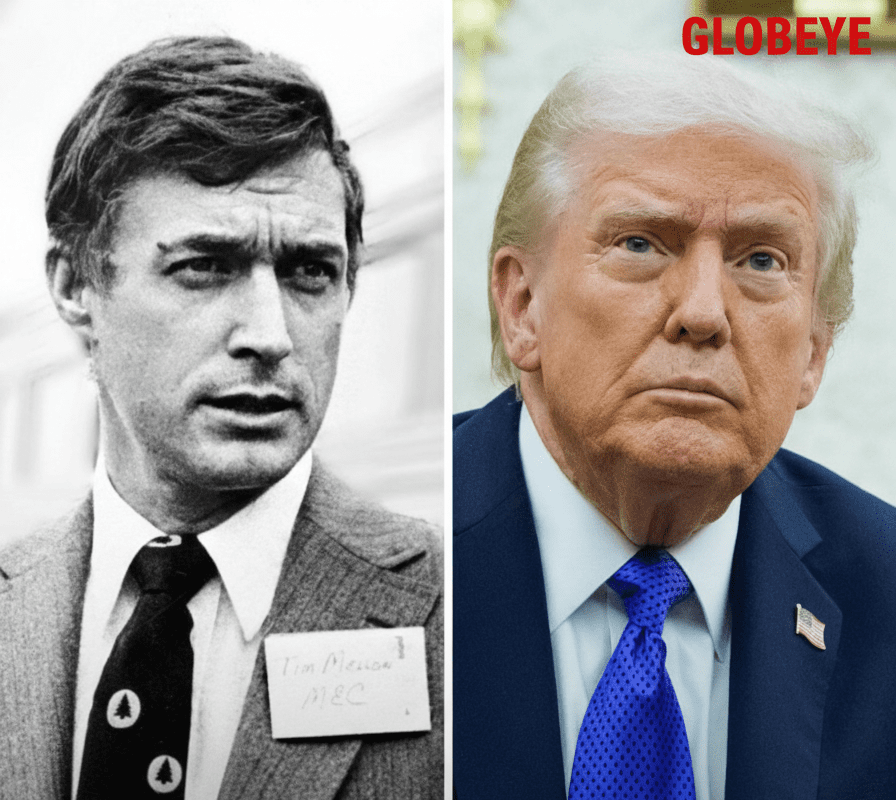
Billionaire Heir Timothy Mellon Revealed as Donor Who Gave $130 Million to Pay Soldiers During Government Shutdown — A Quiet Patriotic Move Praised by Trump
A billionaire heir from one of America’s most storied families has been identified as the mystery donor who quietly gave $130 million to pay U.S. service members during the federal government shutdown — a stunning act of private generosity that’s drawn praise from conservatives and sparked debate about its broader implications.
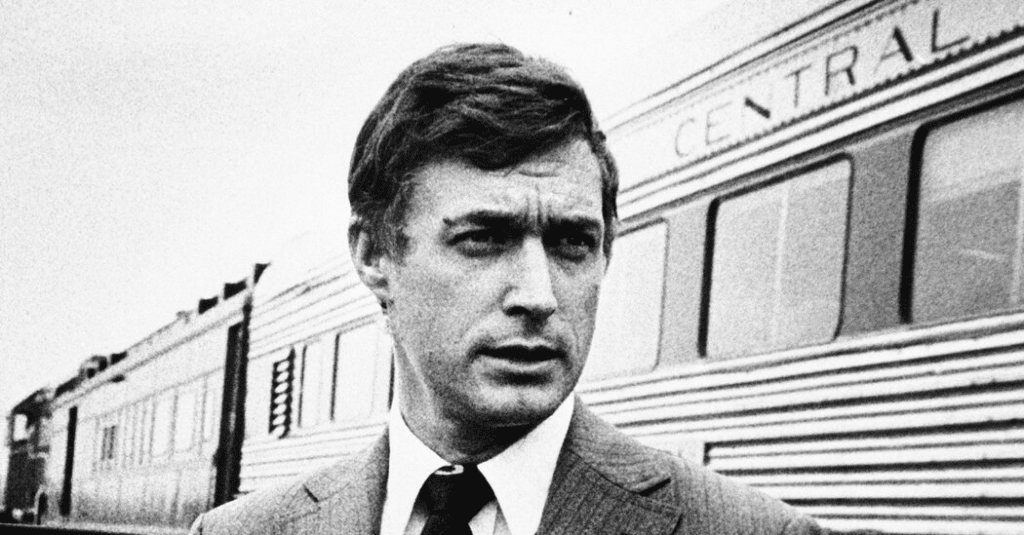
The donor, confirmed by multiple reports as Timothy Mellon, the 81-year-old scion of the Mellon banking dynasty, stepped in earlier this month to ensure American troops continued receiving paychecks even as the federal budget stalemate dragged on. The donation was made through the Department of Defense’s official “gift acceptance” process, allowing the Pentagon to temporarily use the funds to maintain troop compensation during the shutdown period.
Mellon, a known Trump ally and longtime donor to Republican causes, has built a reputation as both a fiercely private and deeply patriotic figure. His decision to donate came after thousands of active-duty military members faced delayed pay amid political gridlock in Washington. Sources close to the situation say Mellon reached out to Defense Department officials within 48 hours of the shutdown beginning, describing his gesture as an act of gratitude toward those “who serve without hesitation when their country calls.”
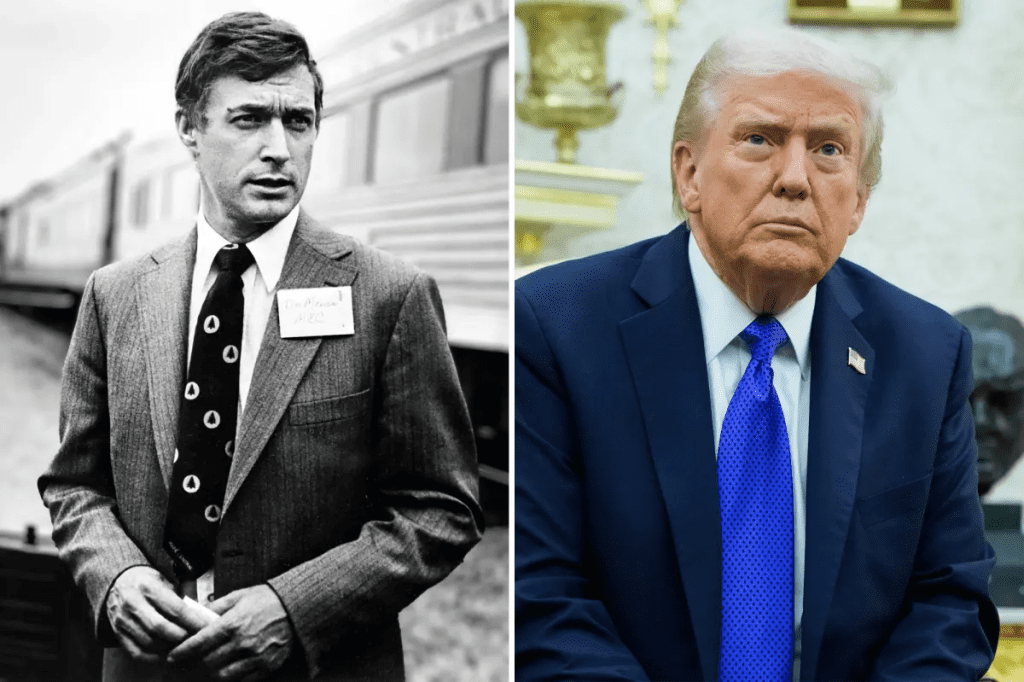
President Donald Trump acknowledged the donation publicly, calling Mellon “a great American who loves his country and loves our troops.” The former president’s praise quickly spread across social media, with conservative commentators celebrating Mellon’s contribution as a symbol of private-sector patriotism stepping up where government had failed.
Mellon’s decision is deeply rooted in a family legacy of public service. His grandfather, Andrew W. Mellon, served as U.S. Treasury Secretary under three presidents and played a central role in shaping early 20th-century American finance. But unlike his high-profile predecessors, Timothy Mellon has long avoided the spotlight, choosing instead to channel his wealth into select causes that align with his principles — from border security to infrastructure reform and now, direct support for the U.S. military.
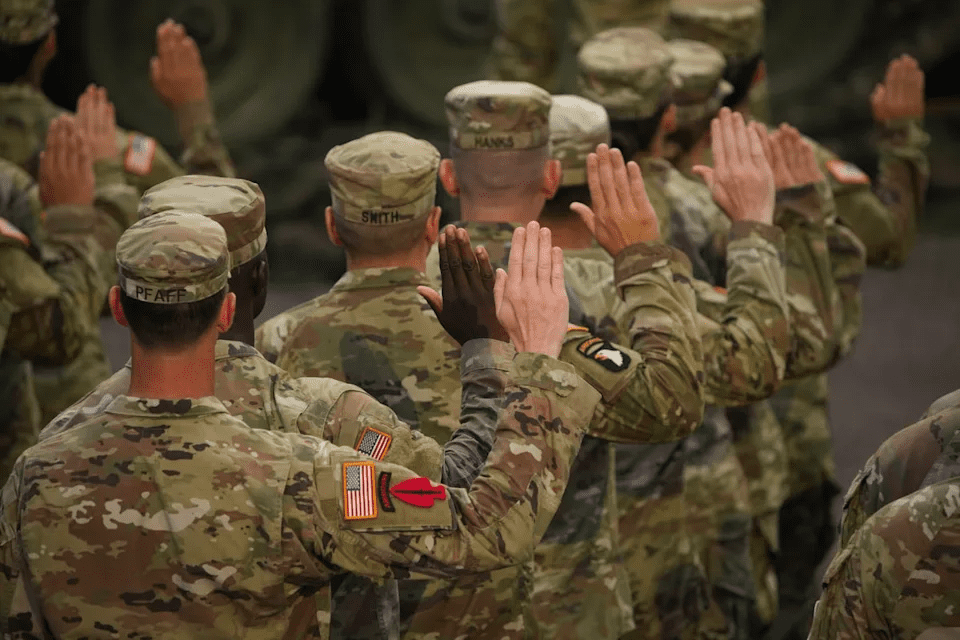
The Pentagon’s acceptance of the donation has drawn both admiration and caution. Legal experts note that while federal law allows agencies to accept “voluntary contributions,” this case represents one of the largest single private donations ever recorded for operational costs during a government shutdown. Defense officials have described it as a temporary relief measure, not a substitute for congressional funding.
Still, the scale and symbolism of the gesture have made headlines. Supporters see it as proof that private citizens can act swiftly when bureaucratic paralysis puts critical functions at risk. Detractors, however, warn that it sets an uncomfortable precedent — allowing billionaires to underwrite government responsibilities that should be met through public accountability, not private charity.
Despite the debate, few deny the emotional impact of Mellon’s action. Soldiers who received uninterrupted pay during the shutdown expressed gratitude online, calling the anonymous donor “a guardian angel.” When reports later identified Mellon as the benefactor, posts across veteran communities hailed him as a “true patriot.”
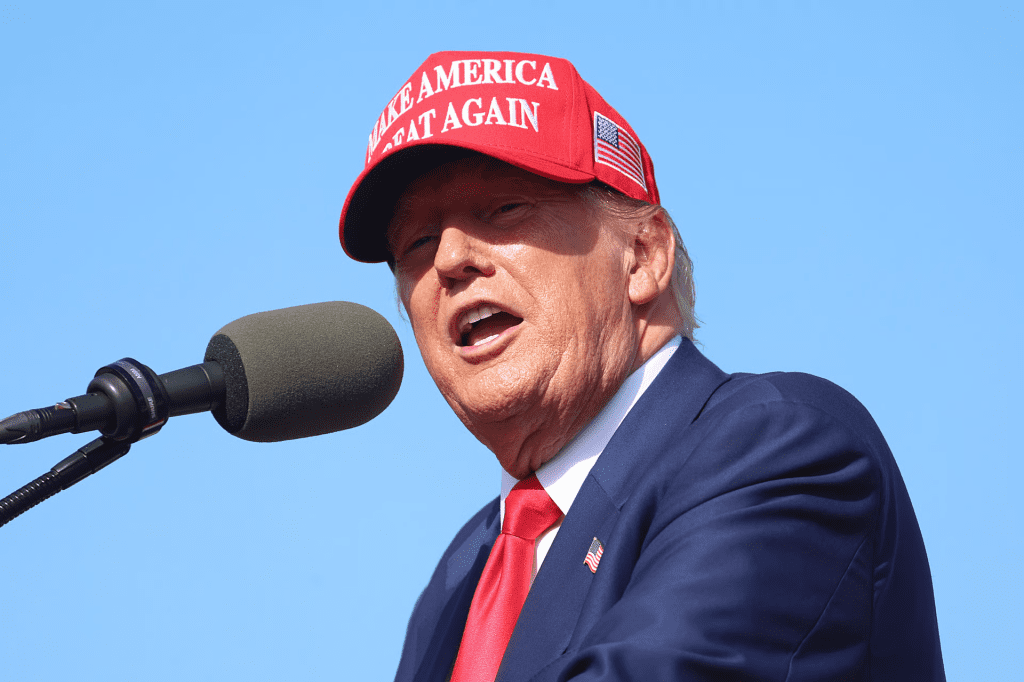
For Mellon, this is not the first time his name has intersected with national politics. He was among the largest contributors to Trump’s 2020 and 2024 campaigns, donating hundreds of millions to political committees supporting border enforcement, economic growth, and veterans’ initiatives. Associates say his latest gesture is consistent with his worldview — that America’s prosperity and strength depend on those willing to serve and sacrifice.
As Washington slowly works toward ending the budget impasse, the $130 million donation remains both a powerful symbol of civic responsibility and a reminder of the fragile balance between private generosity and public duty. It is an extraordinary act — one that bridges wealth and service, politics and patriotism — in a moment when America’s institutions seem increasingly divided.
